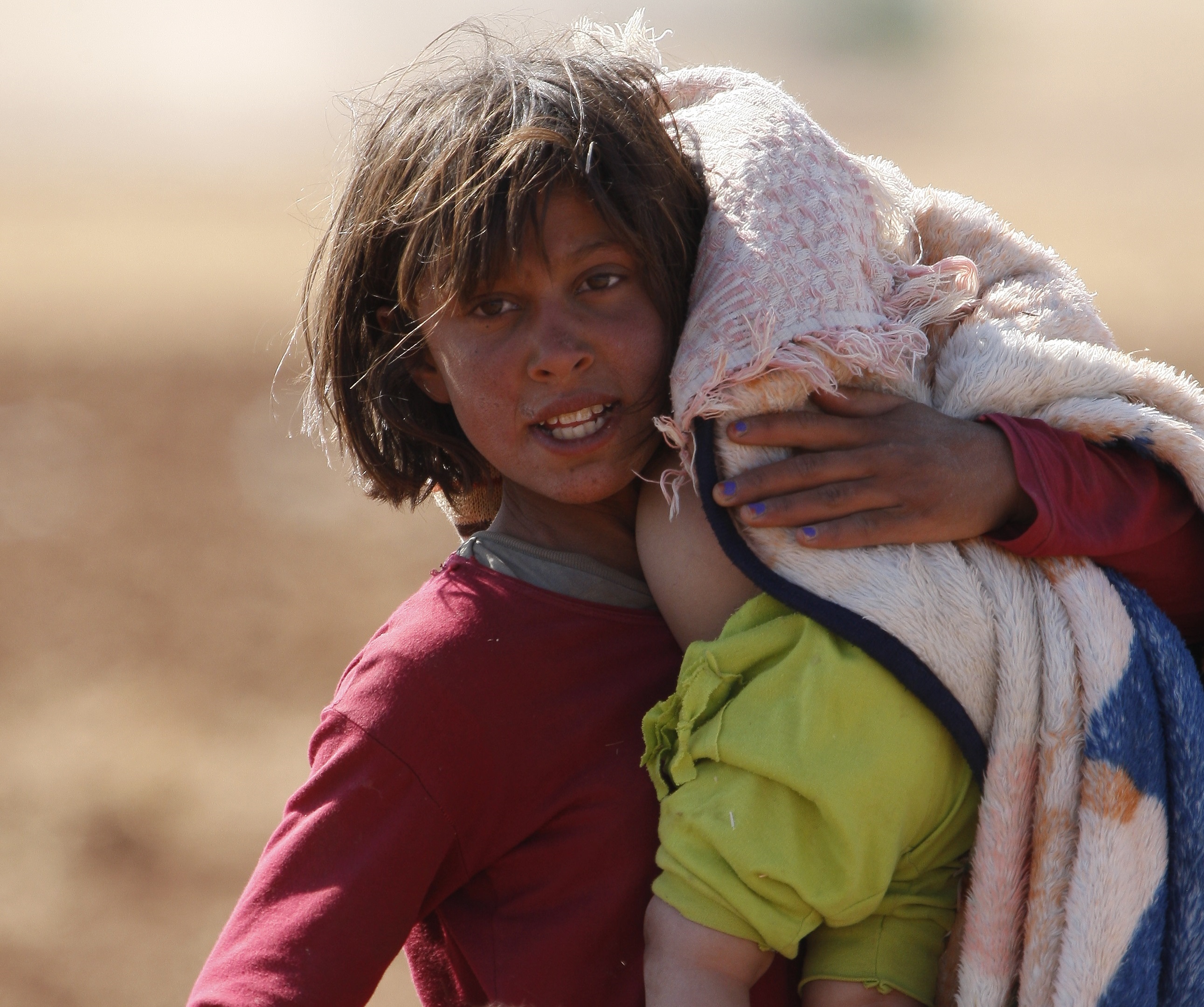
Aquellos autores/as que tengan publicaciones con esta revista, aceptan los términos siguientes:
- Los autores/as conservarán sus derechos de autor y garantizarán a la revista el derecho de primera publicación de su obra, el cuál estará simultáneamente sujeto a la Licencia de reconocimiento no comercial de Creative Commons que permite a terceros compartir la obra siempre que se indique su autor y su primera publicación esta revista.
- Los autores/as podrán adoptar otros acuerdos de licencia no exclusiva de distribución de la versión de la obra publicada (p. ej.: depositarla en un archivo telemático institucional o publicarla en un volumen monográfico) siempre que se indique la publicación inicial en esta revista.
- Se permite y recomienda a los autores/as difundir su obra a través de Internet (p. ej.: en archivos telemáticos institucionales o en su página web) antes y durante el proceso de envío, lo cual puede producir intercambios interesantes y aumentar las citas de la obra publicada. (Véase El efecto del acceso abierto).
Resumo
Este trabalho pretende explicar a razão pela qual, a partir da academia feminista, se afirma que o
discurso jurídico da justiça de transição não reconhece a totalidade dos danos experimentados pelas
mulheres no contexto dos conflitos sociopolíticos. Para isso, são analisados três fatores responsáveis
com base no direito internacional e na construção ocidental do corpo feminino como dualista e
essencialista. Argumenta-se que os danos não reconhecidos usualmente por esse discurso jurídico
são “danos pelo reconhecimento secundário”, pois não fazem parte das figuras jurídicas típicas e
dos discursos que antecedem a experiência em si.

Referências
Ana Milena Coral-Diaz. Cuerpo Femenino en Transición, Estudio de Casos (Bogotá Universidad del Rosario, 2016)
Carol Smart Feminism and the power of law. (London: Routledge, 1989)
Catherine MacKinnon “Feminism, Marxism, Method, and the State: Toward a Feminist Jurisprudence”. Signs, 8(4), (1983) 635-658
Catherine O'Rourke, Gender Politics in Transitional Justice. (Routledge London, 2013)
Charlesworth, Hilary, and Christine Chinkin. "An Alien’s Review Of Women And Armed Conflict." In Imagining Law: Essays in Conversation with Judith Gardam, edited by Stephens Dale and Babie Paul, 171-94. South Australia: University of Adelaide Press, www.jstor.org/stable/10.20851/j.ctt1sq5x0z.12.2016. Accessed February 2, 2019.
Charlesworth, Hilary, and Christine Chinkin. "An Alien’s Review Of Women And Armed
Conflict." In Imagining Law: Essays in Conversation with Judith Gardam, edited by Stephens Dale and Babie Paul, 171-94. South Australia: University of Adelaide Press, 2016. Accessed February 2, 2019. www.jstor.org/stable/10.20851/j.ctt1sq5x0z.12.
Doris Buss "Performing Legal Order: Some Feminist Thoughts on International Criminal Law. International Criminal Law Review 11 (2011): 409-23.
European Court Of Human Rights. “Composition of the Court” https://www.echr.coe.int/Pages/home.aspx?p=court/judges&c= ( accessed December 20, 2019)
Fionnuoala Ni Aolain, “Rethinking the Concept of Harm and Legal Categorizations of Sexual Violence During War”. Theoretical Inquiries in Law, 1, (2009) 305.
Fionnuoala Ni Aolain, F. y Catherine “Turner Gender, Truth and Transition”. UCLA Women's Law Journal, Vol. 16, (2009) pp. 229-279
Gardam, Judith, and Hilary Charlesworth. "Protection of Women in Armed Conflict." Human Rights Quarterly 22, no. 1 (2000): 148-66. Accessed February 3, 2020. www.jstor.org/stable/4489270
Henry, Nicola. "Theorizing Wartime Rape: Deconstructing Gender, Sexuality, and Violence." Gender and Society 30, no. 1 (2016): 44-56. www.jstor.org/stable/24756163 .Accessed February 3, 2020.
International Court of Justice. “Current members” https://www.icj-cij.org/en/current-members ( accessed December 20, 2019)
International Criminal Court. “Current Judges” https://www.icc-cpi.int/about/judicial-divisions/biographies/Pages/current-judges.aspx (Accessed December 20, 2019)
Judith Gardam & Michelle Jarvis, Women and Armed Conflict: The International Response to the Beijing Platformfor Action, 32 COLUM. HUM. RTs. L. REv. 1, 56 (2000)p, 363 cited in Karima Bennoune, Do We Need New International Law to Protect Women in Armed Conflict, 38 Case W. Res. J. Int'l L. 363 (2007) Available at: https://scholarlycommons.law.case.edu/jil/vol38/iss2/6
Judith Gardam & Michelle Jarvis, Women, Armed Conflict and International Law, (The Hague, Kluwer Law International, 2001)
Karima Bennoune, Do We Need New International Law to Protect Women in Armed Conflict, 38 Case W. Res. J. Int'l L. 363 (2007)
Karima Bennoune, Do We Need New International Law to Protect Women in Armed Conflict, 38 Case W. Res. J. Int'l L. 363 (2007) Available at: https://scholarlycommons.law.case.edu/jil/vol38/iss2/6
Marie Joe Frug, “A postmodern legal manifesto (An unfinished draft)”. Harvard Law Review 105 (1992) 1045-1075.
Mary Joe Frug Women and the law. (Westbury, N.Y: Foundation Press, 1992)
Michele Foucault El orden del discurso. (Buenos Aires: Tusquets Editores, 1992)
Michele Foucault. La voluntad del saber (Madrid Siglo XXI, 2009)
Michelle Stanworth, Reproductive technologies: Gender, motherhood and medicine. (Cambridge: Polit, 1987)
Priya Pillai, “Women in International Law: A Vanishing Act?”
http://opiniojuris.org/2018/12/03/women-in-international-law-a-vanishing-act/ accessed (December 20, 2019)




















